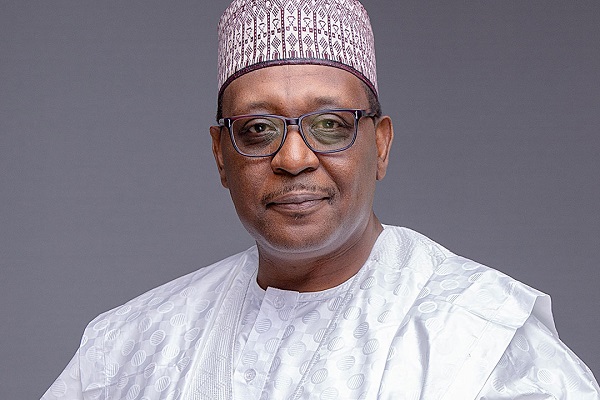
The Federal Government of Nigeria has announced a major transformation of the nation’s healthcare system, focusing on governance, enhancing primary healthcare, local production and national health security.
Minister for Health and Social Welfare, Prof. Mohammed Pate made this announcement on Thursday in Abuja at the fifth legislative summit on health, themed “Improving Legislative Stewardship and Accountability for Universal Health Coverage (UHC).” Pate emphasized the need for the Nigeria Health Sector Renewal Investment Initiative (HSRII) to address the country’s pressing healthcare issues.
“A people’s voices survey with 2,500 participants indicated widespread dissatisfaction with the healthcare system, citing issues with disease burden, affordability, and quality of care,” he said. “Despite significant spending, health outcomes are not meeting expectations compared to countries with similar or lower investment levels.”
The survey identified maternal, newborn and child health issues, infectious diseases like malaria, tuberculosis, HIV, and the rising prevalence of non-communicable diseases as major concerns. According to Pate, only 37 percent of Nigerians were somewhat satisfied with the current healthcare system, and 20 percent were very satisfied. He noted that challenges include high costs, low government revenue, and fragmentation across federal, state and local governments.
Pate stressed the importance of mobilising resources, prioritising health at all levels and enhancing the impact and transparency of regulatory bodies such as the National Agency for Food and Drug Administration and Control (NAFDAC) and the Medical and Dental Council. “Plans include expanding primary healthcare centers from 1,800 to 17,000 by 2027 and retraining 120,000 frontline health workers,” he said.
Revitalising federal institutions and teaching hospitals to focus on specialised treatment and promoting local production of pharmaceuticals and medical devices are also key objectives. A MOU with Afreximbank for a billion dollars in private sector financing has been signed to support these initiatives. Strengthening the Nigeria Centre for Disease Control (NCDC), improving surveillance systems, and maintaining strategic stockpiles are also part of the strategy.
Special adviser to the president on health, Dr. Salma Anas outlined the “Renewed Hope Health Agenda,” which emphasises governance, addressing workforce shortages, sustainable health financing, and improving healthcare delivery. Anas noted that the agenda also focuses on maternal, newborn and child health, adolescent health, elderly care, and achieving self-sufficiency in medicine production.
President of the Senate, Sen. Godswill Akpabio underscored the importance of universal health coverage (UHC) as a primary goal for legislators and stakeholders. Represented by deputy leader of the Senate, Sen. Lola Ashiru, Akpabio highlighted the need for collaboration between national and state assemblies, as well as development partners.
WHO’s representative in Nigeria, Dr. Walter Mulombo praised Nigeria’s commitment to UHC and the Health Sector Renewal Investment Initiative. Mulombo called for increased government health expenditure, reduced out-of-pocket costs, and greater private sector engagement for sustainable health improvements.
The National Assembly and major stakeholders have also called for better healthcare delivery across all tiers of government in Nigeria. In her welcome address, chairman of the Senate Committee on Health, Sen. Ipalibo Banigo acknowledged the poor indices of Nigeria’s health development and urged for urgent measures to address gaps in the healthcare delivery system.
“We believe that with collaboration, dialogue, and knowledge-sharing, we can improve healthcare and make life better for all Nigerians. No part of Nigeria should be left out,” Banigo said.
This holistic approach, emphasizing governance, primary care enhancement, and local production, aims to significantly transform Nigeria’s healthcare landscape, ensuring better health outcomes and a more resilient health system for all citizens.

